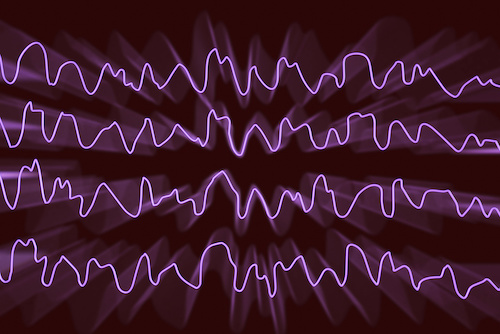What is the Interdisciplinary Vision Training Program?
 The Interdisciplinary Vision Training Program at Brown University trains graduate students to become leaders in vision research. Trainees receive specialized training and experiences aimed at strengthening and broadening their understanding and abilities in vision research. The core of the vision program is the laboratory research training they receive. Research conducted in the preceptors' labs investigates a wide range of topics including retinal structure and function, development of the visual system, visual processing in the brain, visual perception and learning, computational models of vision, and visually-guided behavior. A key part of the program is a group of activities through which the students learn about visual diseases and disorders so that they can appreciate public health needs. These activities include attendance at Ophthalmology Grand Rounds, observations of vision surgeries and visual assessments, and interactions with ophthalmology residents. In these ways, students learn the vocabulary and procedures used by ophthalmologists and neuro-ophthalmologists. At all stages, students learn essential skills for a successful independent research career in vision research. These include critical thinking and reasoning, effective science writing and oral presentation, knowledge of the scientific review process, and training in ethics.
The Interdisciplinary Vision Training Program at Brown University trains graduate students to become leaders in vision research. Trainees receive specialized training and experiences aimed at strengthening and broadening their understanding and abilities in vision research. The core of the vision program is the laboratory research training they receive. Research conducted in the preceptors' labs investigates a wide range of topics including retinal structure and function, development of the visual system, visual processing in the brain, visual perception and learning, computational models of vision, and visually-guided behavior. A key part of the program is a group of activities through which the students learn about visual diseases and disorders so that they can appreciate public health needs. These activities include attendance at Ophthalmology Grand Rounds, observations of vision surgeries and visual assessments, and interactions with ophthalmology residents. In these ways, students learn the vocabulary and procedures used by ophthalmologists and neuro-ophthalmologists. At all stages, students learn essential skills for a successful independent research career in vision research. These include critical thinking and reasoning, effective science writing and oral presentation, knowledge of the scientific review process, and training in ethics.
Principal Investigator
Michael Paradiso has been the principal investigator of Brown’s Interdisciplinary Vision Training Program since its inception in 2007. His lab uses physiological and psychophysical experiments, along with computational modeling, to understand visual processing in the brain.
By the Numbers
Students are generally admitted to the Vision Training Program in their second or third year of graduate school, with three graduate students participating at a time. Trainees are selected based on their potential for a successful and productive vision research career. The program lasts two to three years so that students have the experience of training in a cohort and they participate in the full range of training activities. The program includes 14 broad training faculty with productive track records and experience training graduate students.
How do I apply?
Nominations are accepted in the spring semester prior to appointments. For more information, contact Michael Paradiso.
